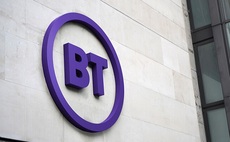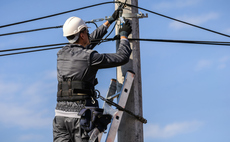INCA criticises this week's BDUK tender, claiming it excludes small suppliers and backtracks on minimum speed pledge
Government body Broadband Delivery UK (BDUK) is excluding small innovative companies from its broadband rollout efforts and is backtracking on its minimum speed promise, according to lobby group In...
To continue reading this article...
Join Computing
- Unlimited access to real-time news, analysis and opinion from the technology industry
- Receive important and breaking news in our daily newsletter
- Be the first to hear about our events and awards programmes
- Join live member only interviews with IT leaders at the ‘IT Lounge’; your chance to ask your burning tech questions and have them answered
- Access to the Computing Delta hub providing market intelligence and research
- Receive our members-only newsletter with exclusive opinion pieces from senior IT Leaders



















